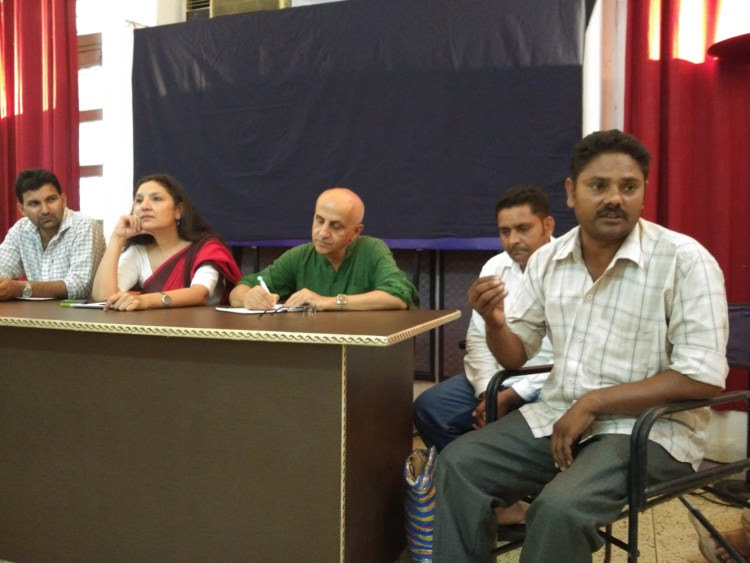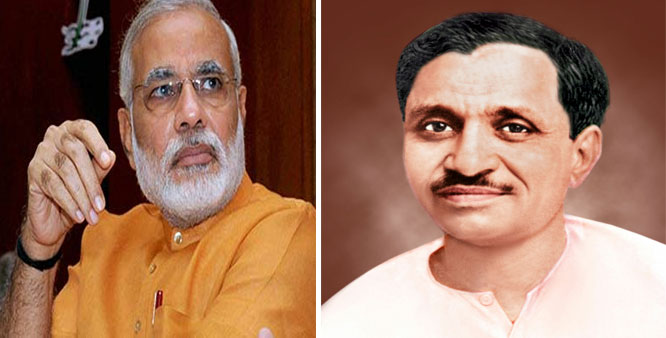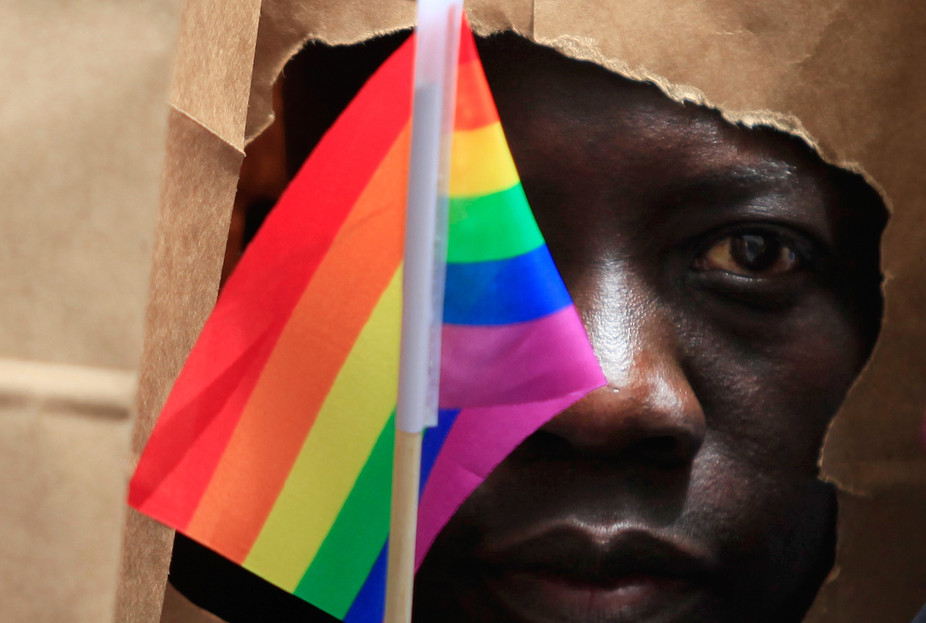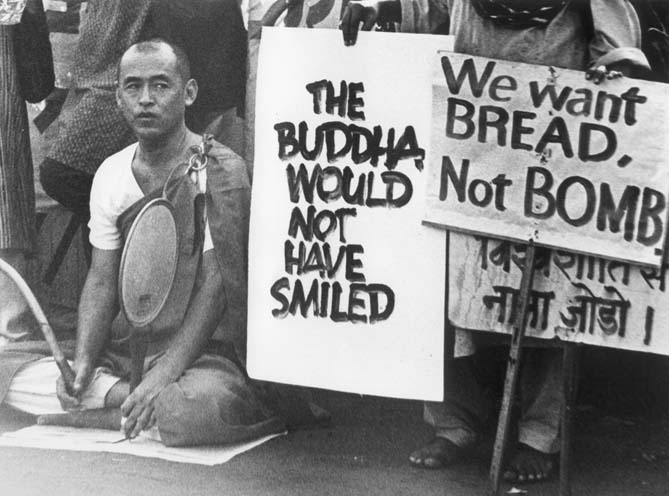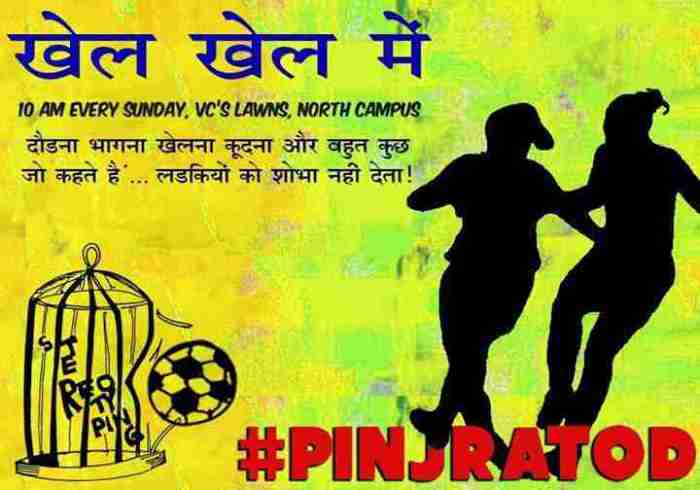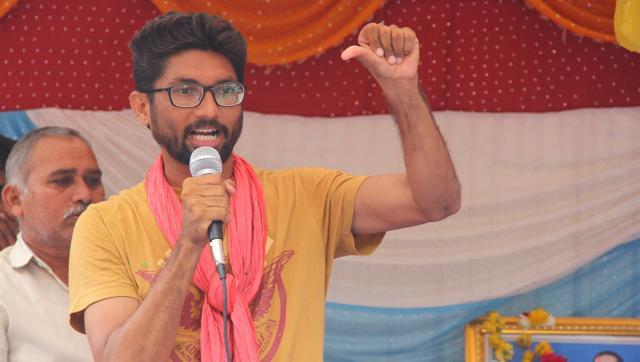Until five years ago, the USA and China shared an almost equal proportion of Pakistan’s arms imports: 39% and 38% respectively. Today, China supplies 63% of Pakistan’s armaments, with the USA dropping to 19% and second place, an IndiaSpend analysis reveals, as Pakistan mulls a response to India’s strike on terror camps across the border.
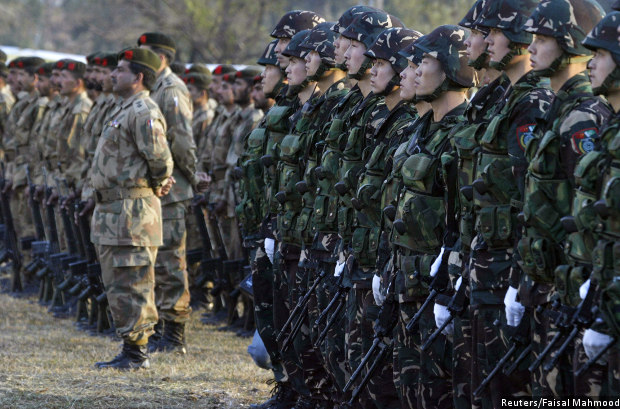
China’s People’s Liberation Army troops (right) and Pakistani troops attend a flag hoisting ceremony at the start of joint military exercises in Abbotabad, 85 km (53 miles) northwest of Islamabad, in December 2006. China’s rise to becoming the world’s third-largest arms exporter was to a large degree helped by heightened demand from Pakistan, which now buys 35% of these exports and is Beijing’s biggest buyer.
China’s rise to becoming the world’s third-largest arms exporter was to a large degree helped by heightened demand from Pakistan, which now buys 35% of these exports and is Beijing’s biggest buyer (Bangladesh follows at 20%), according to this February 2016 report from the Stockholm International Peace Research Institute (SIPRI).
The military supplies are bolstered by unwavering support at a time of heightened tensionwith India and faltering ties with the US (there was a 73% drop in US security aid over four years to 2015, The Wire reported in August 2016; the US also cancelled the subsidised sale of eight F-16 fighter jets).
Source: Stockholm International Peace Research Institute Link 1 & Link 2
Last month, Pakistan’s ministry of defence production confirmed a contract with China for the purchase of eight conventional diesel-electric submarines, which will cost between $4 billion to $5 billion (Rs. 25,600 crore to Rs. 33,200 crore), China’s biggest defence export deal.
The submarines could have a nuclear strategic capability–they could be used to launch nuclear-tipped land attack cruise missiles, providing Pakistan with a partial second-strike capability to rival India’s nuclear-submarine ballistic missiles.
The submarines are the latest of several big ticket arms purchases by Pakistan. Others:
- Between 250 to 300 JF-17 fighter planes jointly developed by China and Pakistan. These will form the backbone of the Pakistani Air Force. Nigeria has signed a memorandum of understanding to purchase an unknown number of JF-17 aircraft, according to IHS Jane’s, a defence/aerospace publication, making Pakistan a defence exporter.
- Four 2,5000-ton Zulfiquar-class frigates at a cost of $500 to $750 million. Three of these were constructed in China, the fourth in Karachi.
- Four 560-ton Azmat-class fast attack craft, essentially missile boats armed with eight C-802 anti-ship missiles meant for littoral defence. Three of four are being manufactured in Pakistan.
- 600 Al Khalid tanks produced in Pakistan form the backbone of the Pakistan army’s armoured corps. They are variants of Chinese Type 90-II tank.
- Nine HQ-16 medium range surface-to-air missile systems with a maximum intercept range of 40 km at a cost of $600 million.
- Four Karakoram Eagle airborne early warning & control aircraft (AWACS) at a cost of $278 million.
From 2011 to 2015, China sold $8.4 billion worth of arms, overtaking long-established arms exporters France ($8 billion) and Germany ($6.7 billion), although it still lags the leaders: the US ($47 billion) and Russia ($36.2 billion).
Source: Stockholm International Peace Research Institute, Figures in million US$ at constant 1990 prices
China’s share in the international arms exports market has risen from 3.6% in 2006-10 to 5.9% in 2011-15. France’s market share has declined from 7.1% to 5.6%, and Germany’s, from 11% to 4.7%, during this period.
Source: Stockholm International Peace Research Institute
The period coincides with China’s emergence as a major global power, seeking to challenge US hegemony across various areas and with enough heft to keep India unbalanced, either directly or through Pakistan.
(Sethi is a Mumbai-based freelance writer and defence analyst.)
This article was first published on India Spend


